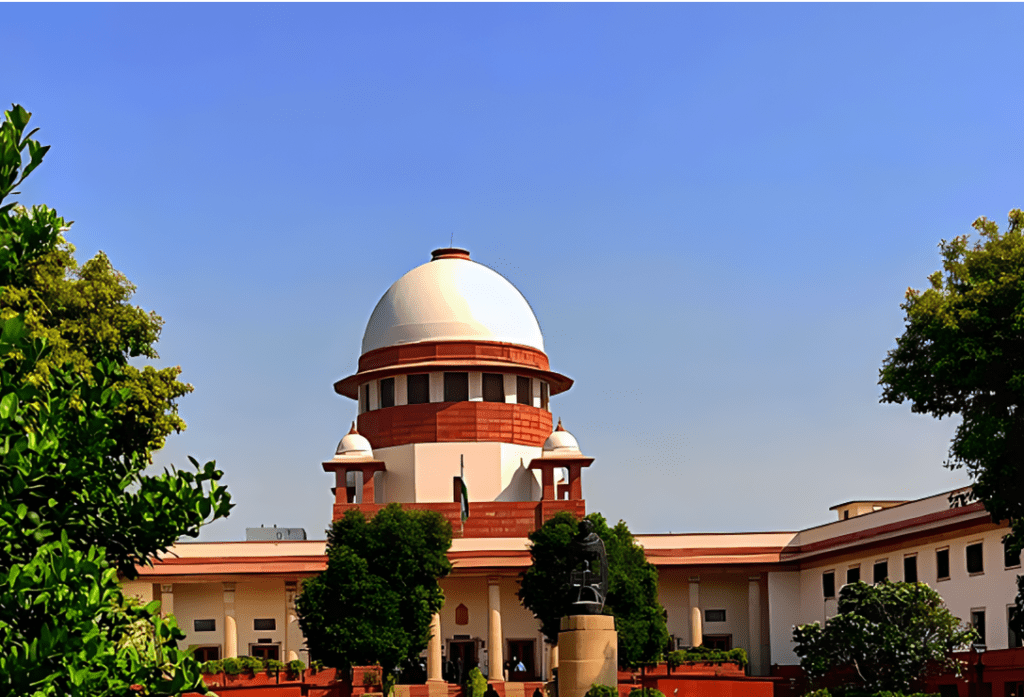
In the realm of legal practice, the art of mentioning cases before the court holds great significance. Recently, the Supreme Court issued a ruling that clarifies an essential aspect of this process. The court categorically stated that only instructing counsel, not senior advocates, are authorized to make mentionings before the vacation bench. This judgment sheds light on the hierarchy within the legal profession and reinforces the role of instructing counsel as the primary point of contact with the court during vacation periods.
The process of mentioning a case before the court serves as a means of drawing attention to urgent matters, seeking interim relief, or highlighting exceptional circumstances that necessitate immediate judicial intervention. This practice becomes particularly relevant during vacation periods when courts operate on a limited basis.
The Supreme Court’s recent ruling brings clarity to an aspect of mentioning that has long been subject to interpretation and debate. The court unequivocally established that it is the instructing counsel, the lawyers who directly handle the matter and are responsible for the case’s day-to-day management, who are entitled to make mentionings before the vacation bench.
This ruling reinforces the importance of a structured approach to legal representation and the recognized hierarchy within the profession. Instructing counsel, being intimately familiar with the intricacies of the case, are better equipped to present the matter effectively and provide the necessary context to the court. Their direct involvement ensures efficient communication and streamlines the process of seeking urgent relief.
The court’s decision also serves to maintain the integrity and professionalism of senior advocates, who hold a revered status within the legal fraternity. While senior advocates bring invaluable expertise and experience to the table, the court’s ruling acknowledges the role of instructing counsel in ensuring smooth court proceedings during vacation periods.
Furthermore, the judgment emphasizes the need for adherence to established norms and practices within the legal profession. It aligns with the principles of discipline and decorum, which are integral to the smooth functioning of the judicial system. By delineating the authority to make mentionings before the vacation bench, the court ensures that the process remains streamlined and respectful of the established hierarchy.
The Supreme Court’s ruling on instructing counsel and senior advocates provides valuable insights into the dynamics of court proceedings and the role of different legal professionals. It underscores the significance of clear guidelines and effective communication, which are essential elements of a well-functioning legal system.
In conclusion, the Supreme Court’s ruling on instructing counsel and senior advocates in mentioning cases before the vacation bench is a significant development in the legal landscape. It reinforces the established hierarchy within the legal profession and emphasizes the role of instructing counsel as the primary point of contact during vacation periods. This judgment serves as a reminder of the importance of adherence to professional norms and the need for efficient and effective communication between the court and legal representatives. By clarifying this aspect of legal practice, the court contributes to the smooth functioning of the judicial system and upholds the principles of fairness and order.
Written by- Gunjan S Jain, 5th Year BBA LLB, St. Joseph’s College of Law intern under legal vidhiya.





0 Comments